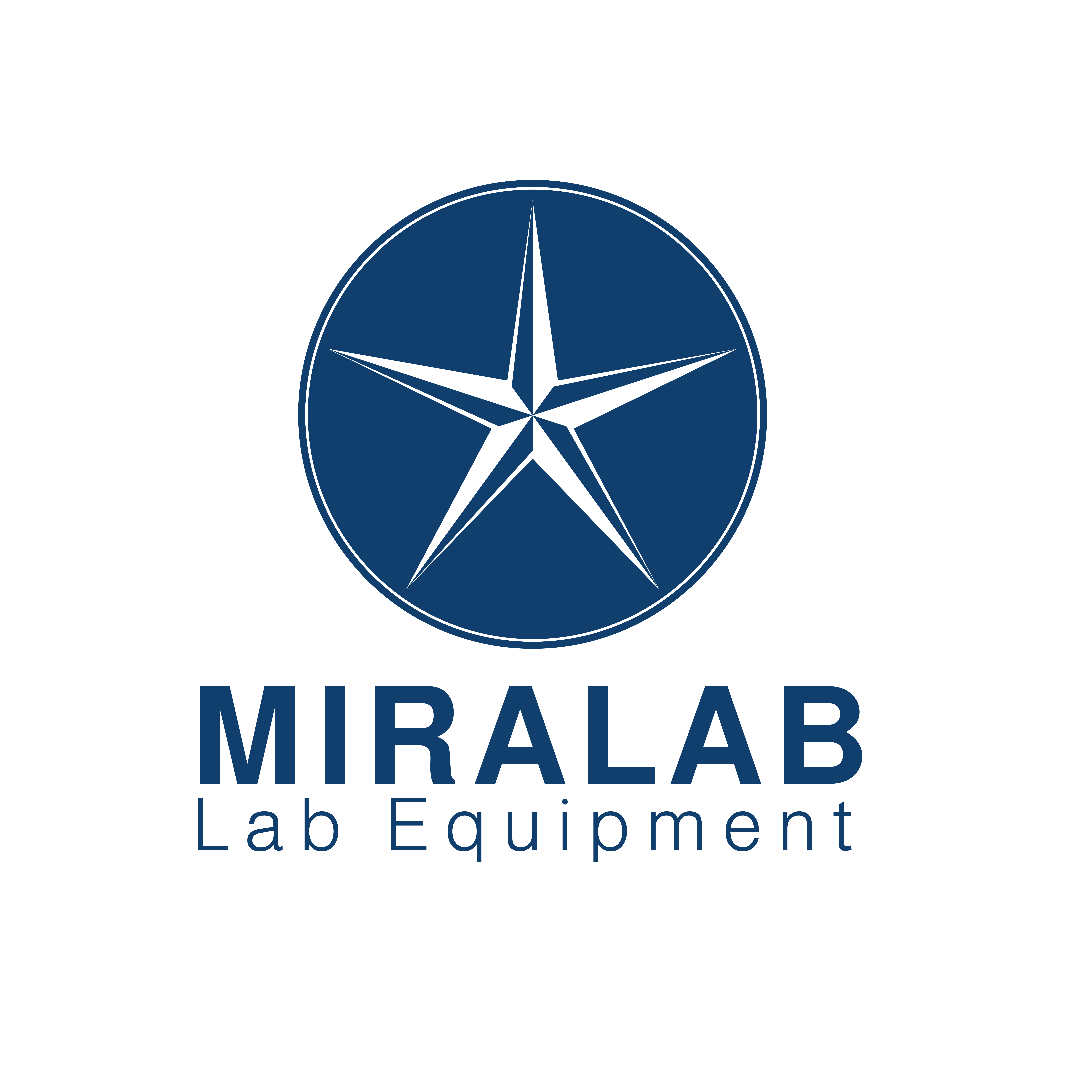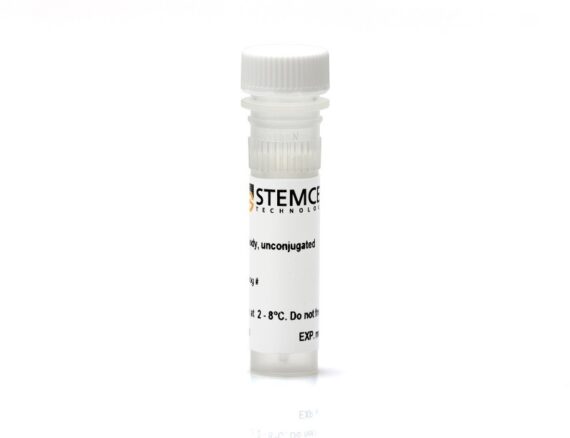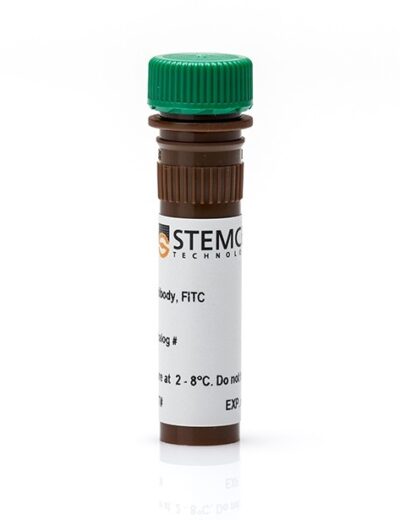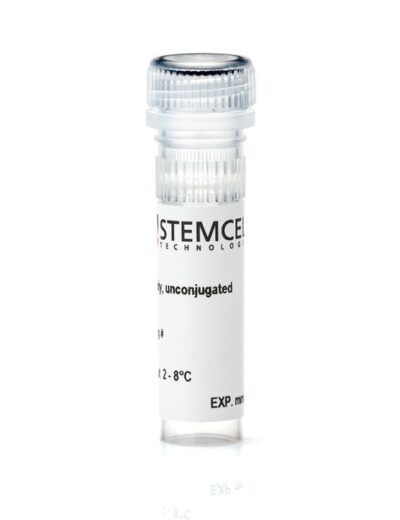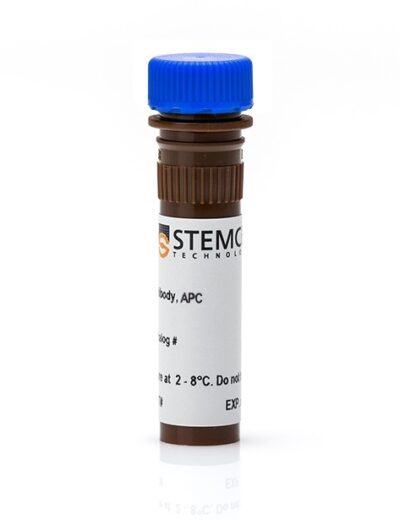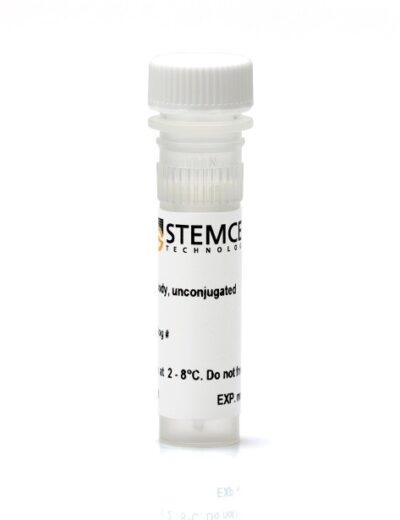Anti-Human CD63 Antibody, Clone H5C6 Mouse monoclonal antibody against human, rhesus, cynomolgus CD63, unconjugated
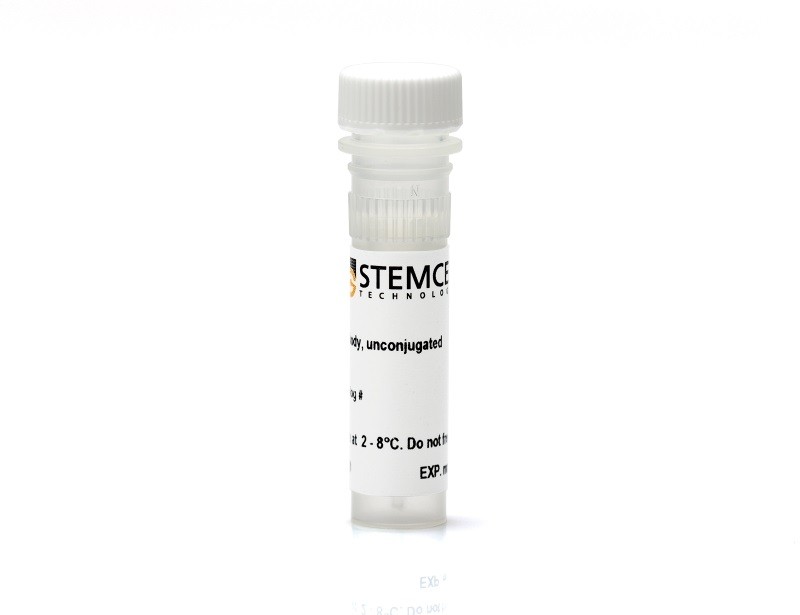
Overview
The H5C6 antibody reacts with an extracellular epitope on human CD63, a 30-60 kDa type III lysosomal glycoprotein and member of the tetraspanin family. CD63 exhibits broad expression, including on the surface of monocytes, macrophages, activated basophils, fibroblasts, smooth muscle cells, and activated platelets. CD63 is found in late endosomes, lysosomes, and secretory vesicles, and cycles among these compartments. It is also a marker characteristic of extracellular vesicles.
Tetraspanins like CD63 contain four transmembrane domains, two extracellular loops, and short cytoplasmic N- and C-termini. CD63 associates with several integrins, co-receptors, and other proteins to form multimolecular complexes in the plasma membrane called tetraspanin-enriched microdomains. The protein is involved in several cellular processes, including cell activation, adhesion, differentiation, and tumor invasion. CD63 has been implicated in tumor progression, and a deficiency of the protein is associated with Hermansky-Pudlak syndrome, a rare autosomal recessive disorder presenting with platelet dysfunction and defects in lysosomal storage.
Subtype: Primary Antibodies
Target Antigen: CD63
Alternative Names: gp55
Reactive Species: African Green Monkey; Baboon; Capuchin Monkey; Cynomolgus; Rhesus; Chimpanzee; Human
Conjugation: Unconjugated
Host Species: Mouse
Cell Type: Other
Application: Flow Cytometry; Western Blotting
Area of Interest: Extracellular Vesicle Research
Clone: H5C6
Gene ID: 967
Isotype: IgG1, kappa
